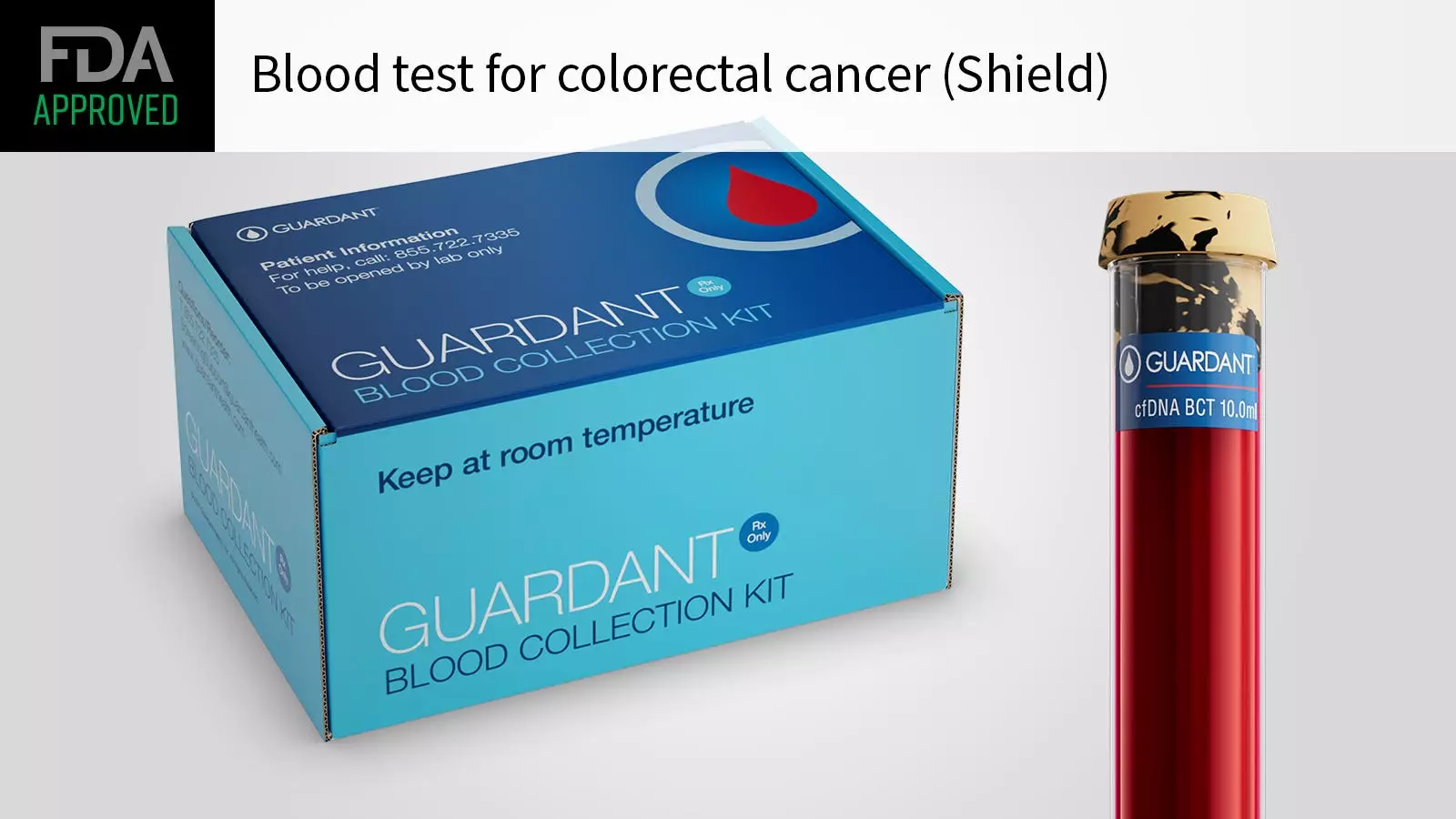The FDA has recently approved the Shield blood test for colorectal cancer (CRC) screening in adults over the age of 45 who are at average risk for the disease. Guardant Health has announced that this approval marks a significant milestone, as Shield is now the first blood test to be approved by the FDA as a primary screening option for CRC. The test has shown promising results with a sensitivity of 83% for CRC and a specificity of 90% for advanced neoplasia based on the ECLIPSE study. However, there are concerns about the test’s sensitivity for advanced adenomas, which has prompted calls for strong labeling to address this issue.
Despite the approval of the Shield blood test, the CRC screening rate in the U.S. remains low at around 59%, falling short of the National Colorectal Cancer Roundtable’s goal of 80% for eligible individuals. The approval of Shield is seen as a step in the right direction to close this gap, offering a new and convenient screening option for individuals who may be hesitant to undergo traditional screening methods. With increased screening rates and early detection, more lives can potentially be saved from this deadly disease.
The ECLIPSE study evaluated the cfDNA blood-based test in a population of adults aged 45 to 84 with an average risk for CRC. The test showed a sensitivity of 88% for screening-relevant CRCs and was particularly effective in detecting stage II and III cancers. However, the test had a lower sensitivity for advanced precancerous lesions, raising concerns about its effectiveness in detecting early-stage disease. Despite these limitations, Shield offers a promising alternative for individuals who may be reluctant to undergo traditional screening methods such as colonoscopy.
Individuals eligible for CRC screening can obtain the Shield blood test by prescription through a healthcare professional. Guardant has indicated that the test is expected to be covered for eligible Medicare beneficiaries, making it more accessible to a wider population. The availability of Shield as a non-invasive and convenient screening option could potentially increase screening rates and lead to earlier detection of CRC in at-risk individuals.
While the FDA approval of the Shield blood test for CRC screening represents a significant advancement in the field of colorectal cancer detection, there are still limitations that need to be addressed. The test’s lower sensitivity for advanced precancerous lesions highlights the need for continued research and development in this area. However, the availability of Shield as a new screening option offers hope for increasing screening rates and ultimately saving more lives from this preventable disease.


Leave a Reply